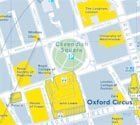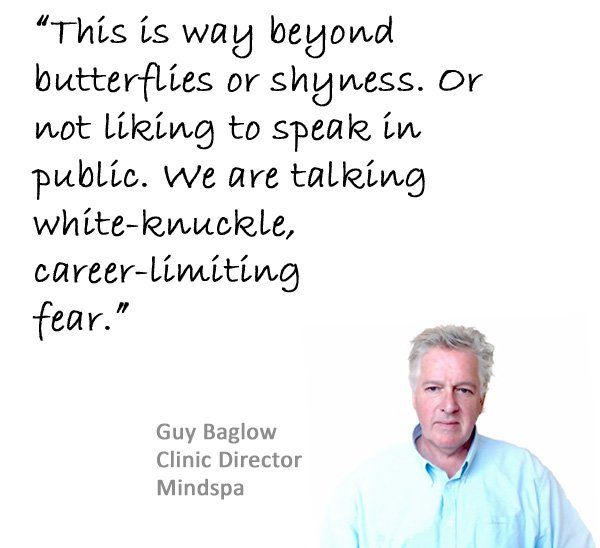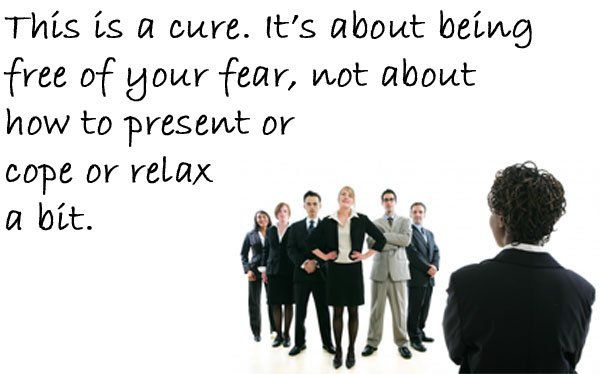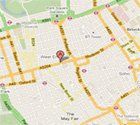What causes public speaking phobia?
Fear of public speaking can be caused by an extension of childhood shyness reinforced by bad experiences of reading aloud in class or presenting work at college or university.
Or it can start later in life, often at a time when background stress levels are high. Then because things are more sensitive, something the individual can usually cope with (like talking in a meeting or giving a presentation) tips them into mild panic. This sets up the phobic response.
Read more about: What causes glossophobia?
Are shyness and glossophobia the same thing?
Fear of public speaking, or glossophobia, is distinguished from shyness by the powerful, often incapacitating, fear it produces. At its worst it will end in a panic attack when talking. So glossophobia is way beyond shyness or butterflies. People with glossophobia experience hardcore white-knuckle dread and fear: they are not just shy or mildly anxious about talking to people or groups of people, they are terrified about talking in public.
What are the physical symptoms of glossophobia?
The physical symptoms of glossophobia can be highly distressing, including rapid heartbeat, sweating, shaking, dry mouth, nausea, muscle tension, shortness of breath, dizziness, and blushing. These feelings may be present for some time before the event – days, weeks and even months beforehand. The symptoms progressively build up, potentially leading to panic before or during the speech itself.
Read more about: The Spotlight Effect
What are the psychological symptoms of glossophobia?
The psychological symptoms of glossophobia include intense anxiety, fear, panic, excessive negative thoughts, fear of judgment, low self-confidence, fear of embarrassment, difficulty concentrating, avoidance of public speaking, obsessive rumination, post-event critiquing, anticipatory anxiety, and potential panic attacks. Sufferers are plagued by irrational thoughts and imagined worst-case scenarios, impacting confidence and cognitive abilities. The anxiety persists without treatment, imposing a major psychological burden.
Read more about: The signs and symtoms of public speakig phobia
Does self-help work for glossophobia?
Common self-help strategies to overcome public speaking anxiety - hours of practice, over-preparing, deep breathing, positive affirmations, self-medicating with alcohol or drinking gallons of Rescue Remedy - don’t really help.
These techniques may reduce mild anxiety, but fall short when trying to overcome the hardcore fear that is glossophobia. If you’ve tried YouTube tutorials, books on public speaking, repeated exposure or even public speaking courses without success, it’s a sign your anxiety runs deeper than ordinary nervousness.
When public speaking anxiety turns into white-knuckle fear, then you need specialist therapy to truly break the cycle.
In what situations do people experience glossophobia?
The symptoms of glossophobia, or public speaking fear and anxiety, can trigger in many situations. At work this can be in presentations, meetings (even one-to-ones), calls, interviews and introducing oneself in a meeting or on a course. Socially the fear can be experienced at weddings, funerals or other family events (even in party games). It can also be when performing or acting on a stage in front of an audience.
How common is public speaking phobia?
Public speaking phobia, or glossophobia, is very common and ranks as one of the greatest fears. Around 75% of people experience some level of anxiety or nerves when it comes to speaking in public. But for hardcore glossophobia - with symptoms involving dread, panic and avoidance - it seems to be about 20 to 30%.
That still means that in a meeting of ten people, two are likely to be very anxious and uncomfortable about talking. But – and here’s the thing – you probably haven’t noticed their symptoms. And they are unlikely to have noticed yours.
National Institute of Mental Health. (n.d.). Specific Phobia. https://www.nimh.nih.gov/health/topics/anxiety-disorders/index.shtml#part_145354
Gallup: American’s Top Fears
https://news.gallup.com/poll/1891/snakes-top-list-americans-fears.aspx
Is glossophobia a social anxiety disorder?
Technically, glossophobia falls under the much wider umbrella of social anxiety disorders. But this label may be unhelpful. Because most people with a fear of public speaking have simply picked up very specific anxiety responses to specific speaking situations. They are often otherwise confident at work and socially. So labeling them with social anxiety may lead them to seek treatment and therapy not specifically directed at, or relevant to, public speaking phobia.
Read more about: Is Glossophobia a Social Anxiety?
Find out more about: Public speaking phobia
Beta-blockers for glossophobia?
While specialist psychotherapy remains the most effective treatment for glossophobia, doctors sometimes prescribe beta-blockers (such as propranolol). These drugs may reduce the physical symptoms of glossophobia - like rapid heartbeat, trembling, sweating and dry mouth – but, crucially, do not address the core fear of public speaking, so the anticipatory anxiety and dread (often the most disabling aspects of glossophobia) persist.
Beta-blockers may also cause side effects - including fatigue, dizziness and sleep problems - and are prescribed off-label (meaning outside of their official approval) for public speaking performance anxiety. Over time, tolerance may reduce their effectiveness, and most people do not want to rely on them, or feel ashamed about taking them, preferring instead lasting psychological solutions to overcome glossophobia.
The Guardian: Beta-blockers for anxiety
MAKE THE RIGHT CALL
WE'RE HERE 7 DAYS A WEEK
8AM - 9PM
Speak to us in confidence about your fear of public speaking and book your place on the program
MINDSPA PHOBIA CLINIC
1 Harley Street
London, W1G 9QD
While the building is being redeveloped we are delivering our programs exclusively online
* TESTIMONIALS
The testimonials on this page and website are not a guarantee of similar success.
MINDSPA ® is a registered trademark
Copyright © 2018 MindSpa Ltd
* OUTCOMES
We are a specialist phobia clinic and experts in treating phobias. However, as with all psychological interventions, there may not be a permanent cure in all cases.
FIND US
MINDSPA
1 Harley Street
London W1G 9QD
While the building is being redeveloped we are delivering our programs exclusively online
MAKE THE RIGHT CALL
0800 302 9452
WE'RE HERE 7 DAYS A WEEK
8am - 9pm
ABOUT US
The Mindspa Phobia Clinic is the UK's leading private phobia clinic where every day we eliminate phobias of all kinds - even extreme and long-standing ones - using the latest tools in psychotherapy.
MINDSPA ® is a registered trademark
Copyright © 2004 - 2020 MindSpa Limited
* OUTCOMES & TESTIMONIALS
We are a specialist phobia clinic and experts in treating phobias. However, as with all psychological interventions, there may not be a permanent cure in all cases. The testimonials on this page and website are not a guarantee of similar success.










